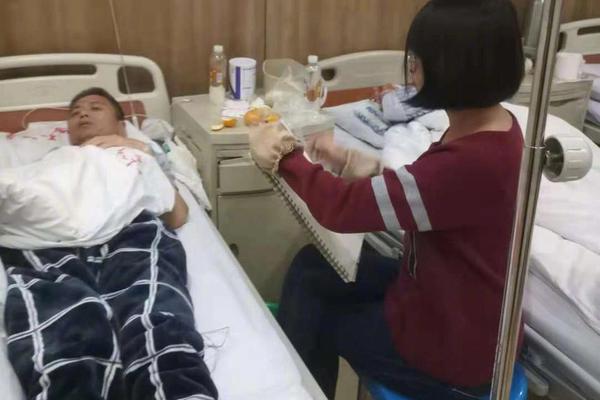Harvard Law School professor Vicki Jackson will serve as the 2019 president of the Association of American Law Schools. Photo: Association of American Law Schools
Thewhy raeliana ended up at the duke's mansion episode 1 mood might be downright jovial this week when more than 2,200 legal academics convene in New Orleans for the Association of American Law School's annual meeting—and not just due to Bourbon Street libations.

Unlike recent meetings, when the law professors grappled with why students were staying away in droves, this year educators can contemplate whether 2018's eight-percent increase in law school applicants means the legal academy's fortunes have turned. Law.com caught up with Harvard law professor Vicki Jackson, who will assume the association’s 2019 presidency, to discuss her goals for the coming year and law schools’ prospects. Her answers have been edited for length and clarity.

Why do you think more people are interested in legal education right now?

I’m guessing that it’s a multifactor phenomenon. I think many of the incoming students who I have gotten to know see going to law school as a way to be effective agents for change. It’s probably only part of the picture, but an important part.
What is the state of legal education today? It seems like a year of transition.
On the whole, I think the state of legal education is excellent. I want to talk about two aspects. First, we have thankfully seen rising interest. The applicant pool rose something like 8 percent, and enrollment rose something like 3 percent. These are both, I think, very good figures. Schools are proceeding in a prudent way in responding to that interest.
My second point is about the tremendous state of innovation, public service, and pro bono work that is going on in law schools across the country. This phenomenon is not limited to any one segment of institutions of legal education in this country. I see a wealth of innovation and commitment to pro bono work that reflects the immense change that legal education has undergone since I was in law school, which was the mid-1970s.
What is your presidential theme for the upcoming year?
My theme is something I care a lot about. “Pillars of Democracy: Law, Representation, and Knowledge.” I want to talk about the central role of lawyers in building and sustaining American constitutional democracy. From the founding, when there were a whole lot of lawyers at the Constitutional Convention and in the first Congress, through to the present time when you continue to see large numbers of lawyers serving in Congress, as president, and when you look at state governments. The three pillars I want to talk about: law, elections and a fair system of representation and what I call “knowledge institutions,” all face an array of challenges. They all need work from lawyers and law faculty to move forward in a healthy way in the future.
Are you trying to inspire the legal academy to become more involved? If so, what role should it play?
I think an area we—as faculty—should be thinking about both in our scholarship and in teaching our students, is how we think more holistically about the ecology of elections. One example about elections and representation has to do with the amount of time we as law professors spend in our research and teaching on judging. I think we do a really intense job of describing normative goals for judges. We have different theories. We disagree with each other. But behind that, there is a commitment to the ideal that we should be developing normative standards by which to evaluate the work of judges. But when it comes to other constitutional actors—elected representatives, the president, the state governors, the state legislators—we have had much less to say about how to evaluate their work. That seems to be an area that would benefit from more scholarly work and more engagement with our students.
What do you see as some of the other highlights of the annual meeting?
There are some terrific programs not to miss. The first is the opening plenary session Thursday morning. It’s called “Building Bridges,” which is also the theme of this year’s meeting, selected by Dean Wendy Perdue of the University of Richmond. The opening session will be Dean Perdue and Edwin Cameron, who is a world-renowned Justice of the Constitutional Court of South Africa. They will be having a discussion around his work over this lifetime against Apartheid and for human rights and the rule of law.
The second program I would not want to miss is a program on law and reconciliation, which is also Thursday morning. It will explore legal processes that involve healing, forgiveness and community restoration. It has some wonderful speakers on it and is being moderated by the former dean of Harvard Law School, Martha Minow.
There’s a panel Saturday on criminal justice reform and a number of panels on sexual harassment. There’s a panel called, “#MeToo: The Court, the Academy and Law Firms.” That should be quite interesting because it goes across spaces that are often discussed separately.
What do you see as the role of the AALS?
I think the role is primarily to help our member schools achieve excellence in their scholarship and teaching, and in how their institutions function. I see us as having a supportive role. The annual meeting is a major way of facilitating connections between new scholars, older scholars and scholars working in different fields. It’s also a way to improve our understanding about teaching and about where our student are. I see the annual meeting as, in a sense, emblematic of our commitment to helping our members do what it is they value doing.
I also think there is a role for the AALS is doing a couple other things. One is the efforts past presidents and AALS Executive Director Judith Areen have made to find and develop common ground between the academy and the practicing bar and the bench. This is an important initiative. A second aspect of that is building connections to the rest of higher education.
View comments